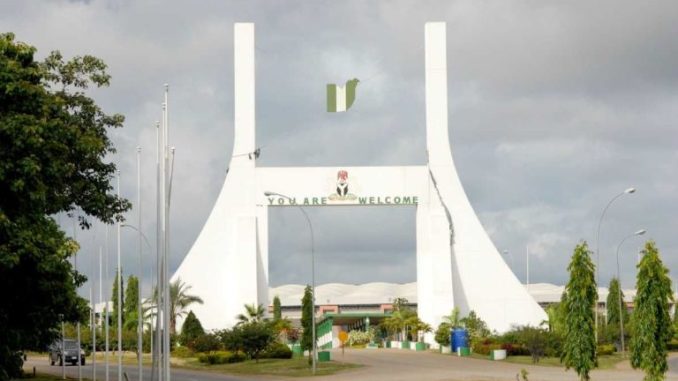
In 1960, Nigeria was granted political independence as a sovereign state under the 1960 Constitution from Britain.
After independence Nigeria, like many newly independent African States, inherited a capital which was then Lagos, a state central in respect of international trade but distant from most constituent states in terms of administrative and cultural affairs.
Over time, the coastal town of Lagos, then Nigeria’s capital, grew rapidly leading to questions around the suitability of Lagos serving as both the Federal capital City of Nigeria and that of Lagos State.
Some of the problems with Lagos State being the capital were identified as; intolerable conditions of living and working, intractable traffic, chronic housing shortages, over congestion, overstretched infrastructure, and severe environmental sanitation problems.
Others include Lagos being the commercial nerve centre of the country, the possibility of relocating the aborigines of Lagos, the questions of scarcity of land for expansion and costs involved, potential security risks, skewed location, and challenges of possible submarine wreckage.
These factors necessitated the setting up of a panel in August, 1975 by the then Military Regime of late Murtala Mohammed. This committee was to advise if it was suitable for Lagos to retain its dual role of being both State and Federal Capital or if the capital was to move from Lagos. If it was to be moved, the committee was charged with the responsibility to recommend suitable alternative locations, having regard to the need of easy access to and from every part of the country, among other factors.
The Panel, led by Justice Akinola Aguda, recommended that the Federal Capital Territory (FCT), should be moved out of Lagos.
The country needed a site with good climate, plenty of land and abundant water. Different teams visited possible locations in the existing twelve Nigerian states, taking note of their capitals.
Afterward, Nigeria studied world capitals like Brasília (Brazil), Islamabad (Pakistan), Paris (France), St. Petersburg (Russia), and Washington, D.C. (United States). With Paris and Washington in mind, Abuja was chosen. Abuja was a site in the center of the country inhabited by several ethnic groups like the Gbagyi, Koro, Gade, and Gwandara, none of which belongs to the dominant nationalities: Hausa, Igbo, Yoruba, and Ijaw.
In 1976, the then head of state, General Murtala Mohammed announced that Abuja would be developed as the new capital.
The choice of Abuja was made as it was seen as a more neutral land for Nigeria’s many ethnic and religious groups and as a more central location in the country. Construction started in the 1980s and Abuja became the new capital in December 1991.
In his broadcast, General Mohammed said “The area is not within the control of any of the major ethnic groups in the country. We believe that the new capital created on such virgin lands, as suggested, will be for all Nigerians a symbol of their oneness and unity. The Federal Territory will belong to all Nigerians”.
This decision, however, led to the displacement of the native people who were residents of the old Abuja although committees were empowered to explore relocation.
The government assumed the expenses involved, declaring and authorizing in Decree No. 6 of 1979 a rate of compensation for households as well as churches and mosques. About 50% of the people in Abuja were Muslim and 40% Christian. The cost of relocating places of worship along with families was agreed at the sum of one million naira for the Niger, Plateau, and Kwara states, in a deal signed on October 10, 1977.
This displacement has caused a lingering controversy, while Abuja was seen as a “no man’s land”, the ethnic group Gbagyi (Gwari) who were the original settlers in Abuja before it was chosen as the FCT, think otherwise and have continued to fight for the land.
38 years down the line, these indigenes still feel shortchanged by the Federal Government for depriving them of their lands and heritage…..Seê _ Morê

Leave a Reply